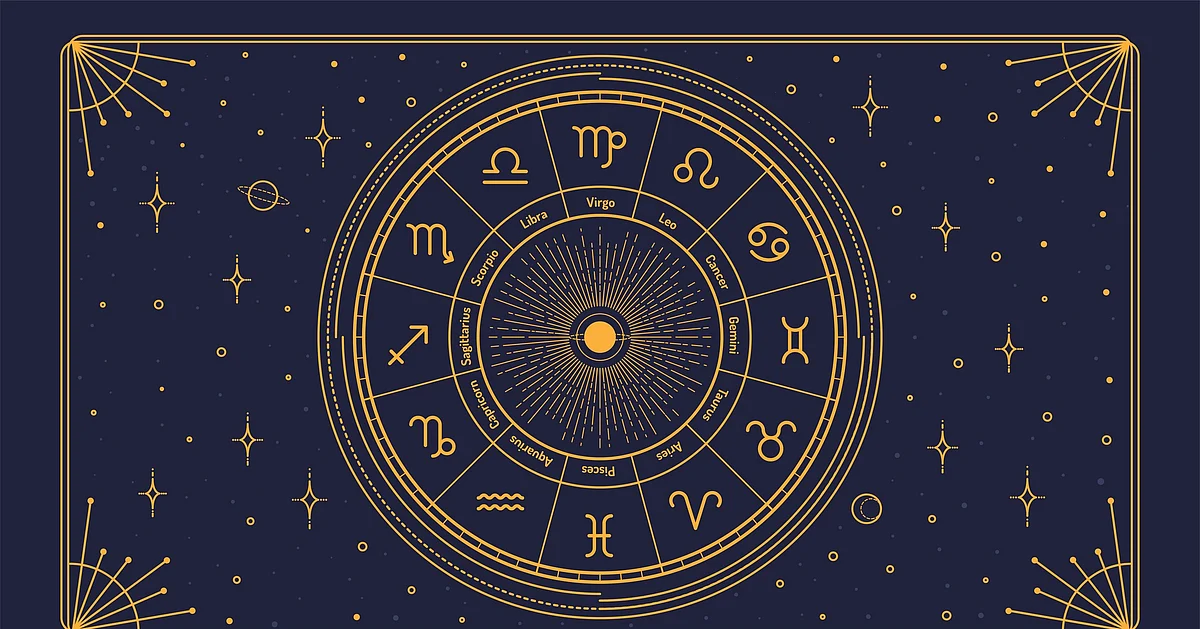
When Kristen Stewart first encountered Lidia Yuknavitch’s cult memoir, The Chronology of Water, she felt an immediate connection to the author’s raw and transformative narrative. Despite warnings against adapting the complex memoir into a film, Stewart forged ahead, driven by a personal resonance with the material. Now, her directorial debut is receiving glowing reviews at the Cannes Film Festival.
Stewart, known for her role in the Twilight saga, has since carved out a niche in independent cinema. Her latest project, The Chronology of Water, marks a significant departure from mainstream Hollywood, reflecting her evolution as an artist. The film, which stars Imogen Poots, explores themes of trauma, addiction, and self-discovery through a non-linear narrative structure.
From Page to Screen: A Personal Journey
Stewart’s journey with Yuknavitch’s memoir began when she was only halfway through reading it. Compelled by its impact, she reached out to the author to discuss a film adaptation. Speaking at Cannes, Stewart described the book as “a lifesaving piece of material,” emphasizing its profound personal significance. “This book is like the keys to your own castle,” she remarked, underscoring her desire to share its message with a broader audience.
The film adaptation was not without its challenges. Stewart faced skepticism from her long-time collaborator, producer Charles Gillibert, who initially advised against the project due to its scale and cost. However, Stewart’s determination prevailed. “If you say that to me again, we’re not going to be friends any more,” she reportedly told Gillibert, highlighting her unwavering commitment to the project.
A Non-Linear Narrative and Bold Performances
The Chronology of Water is anything but a conventional biopic. Stewart’s adaptation shuns a straightforward narrative, opting instead for a fragmented, time-shifting approach that mirrors the chaotic and transformative nature of Yuknavitch’s life story. “Time is so non-linear,” Stewart explained, reflecting on the film’s structure.
At the heart of the film is Imogen Poots, who delivers a powerful performance as Lidia, spanning her life from a teenage swimming champion to middle age. Poots’ commitment to the role was intense; she reportedly sustained two hernias during filming, a testament to the physical and emotional demands of the role. “She really had skin in the game,” Stewart noted, praising Poots’ willingness to “lay it all on the line.”
Overcoming Production Challenges
The production of The Chronology of Water was fraught with difficulties. Stewart’s initial script, co-written with Andy Mingo, was abandoned early in the shooting process. “The movie was a total shipwreck,” Stewart admitted, describing the experience as a rebirth after losing something precious. The challenges, however, became opportunities for creative reinvention.
Stewart collaborated closely with cinematographer Corey Waters, whom she described as a “brother,” to capture the film’s visual essence. Despite the upheaval, including the replacement of key department heads, the production team managed to create a film that Stewart believes has “a life of its own.”
“And it’s such a lucky thing the movie was getting f—ed. When I got back from the shoot, I realised I was opening all these gifts.”
Critical Acclaim and Future Prospects
The reception at Cannes suggests that Stewart’s gamble has paid off. Critics have praised the film for its daring narrative structure and the intensity of its performances. The film’s success at the festival could pave the way for further opportunities in Stewart’s directorial career, as well as greater recognition for Yuknavitch’s work.
Looking ahead, Stewart’s adaptation of The Chronology of Water will screen at the Melbourne International Film Festival, offering audiences another chance to experience this bold cinematic interpretation. As Stewart continues to explore new creative avenues, her journey from mainstream star to indie auteur serves as an inspiring example of artistic evolution.







